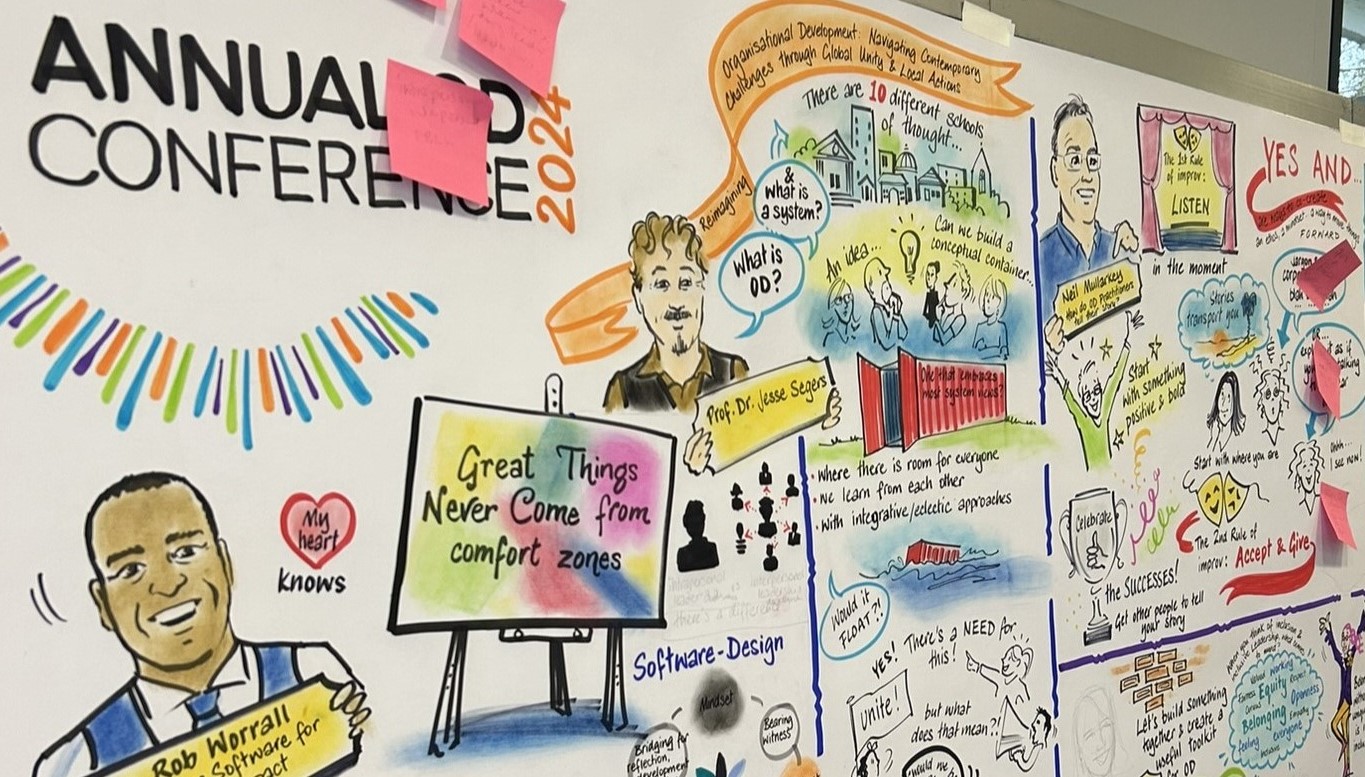The gap between HR and employees is “as great as ever” according to new research published last week in Singapore
The authors conclude:
“Huge differences between HR and employee perceptions on key human capital management issues means work remains to be done – and that companies are operating without fully engaged workforces.”
The truth can hurt, but deep down these findings are not particularly surprising.
Back in 1998, David Ulrich reported HR’s mandate as:
“HR should be defined not by what it does but by what it delivers.”
This wake-up call was largely interpreted by the HR profession as devolving responsibility for transactional matters down to line managers and outsourcing to organisations, and redefining HR as a strategic partner. But the result has backfired, with employees across organisations being even less clear about the contribution that HR brings in terms of impact on results and helping with employee engagement.
Line managers and leaders, in particular, have reason to question the role of HR as they juggle the transnational HR task of their teams. Our own research gives some clues about what it is they need from HR:
| Line managers want HR to: |
| Be a critical friend – Balance support and challenge – Be a coach and mentor |
| Don’t always go with their demands; don’t always challenge |
| Know when to lead and when to follow |
| Use qualitative and quantitative data to demonstrate value |
| Strive to ensure value of strategic contribution outweighs impact of more ‘HR’ tasks falling to managers |
| Understand and meet business expectations – Meet their basic HR needs – Robust systems and structures – Help them to be clear about who to go for and what |
| Use thorough understanding of the business to inform strategic horizon scanning |
| Challenging their thinking |
Source: The HR business partnership: how to engage line managers
Of course, HR needs to be an agent for change and transformation so it can deliver the strategies required to enable employees to perform and be productive. But this is easier said than done, as it requires HR to move away from being process driven to becoming solution providers. This requires them to dig deep to use the “soft” skills of influencing, interpersonal relationships, self awareness, self expression and presence.
And clearly HR know what they need to do. Our Management Agenda 2014 research in the UK highlights an underlying theme of greater influence when HR were asked for the top four competences that they needed to develop which included understanding the business (84 per cent), the ability to influence decision-makers (78 per cent), changing culture (64 per cent) and the development of organisational capabilities (61 per cent).But it is in the delivery of all this through effective employee engagement, paying attention to visibility and consulting which delivers results – that needs to matter for the future. Above all, HR needs to recapture the ‘human’ side of its role.





